|
Nigerians head to the polls on Saturday in the first of two sets of elections to choose their president, national assembly and state legislators. It is easily Africa’s most complex logistical undertaking, as Olayinka Ajala writes: 84 million voters, 119,974 polling units and the threat of sporadic security disruptions. Among the 73 presidential candidates is incumbent Muhammadu Buhari, whom Ajala argues has failed in his four-year term to defuse long-standing security threats such as Boko Haram. But, says Stephen Onyeiwu, Buhari may still have the edge in spite of also failing to fix the country’s economic problems.
Elsewhere, Ini Dele-Adedeji explores Nigeria’s history of election scandals and Damilola Agbalajobi outlines what the country’s next president will have to do to ease tensions in the contested Kaduna State. And Oluwaseun Tella wonders why Nigeria doesn’t use its substantial soft power resources to play a more prominent role on the world stage.
|
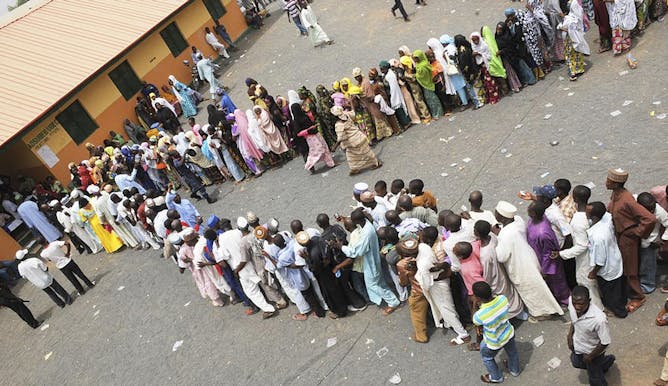
Nigerians get ready to cast their vote on February 16.
EPA-EFE/Stringer
Olayinka Ajala, University of York
More than half of Nigeria's 51% registered voters are aged between 18-35 years.
|
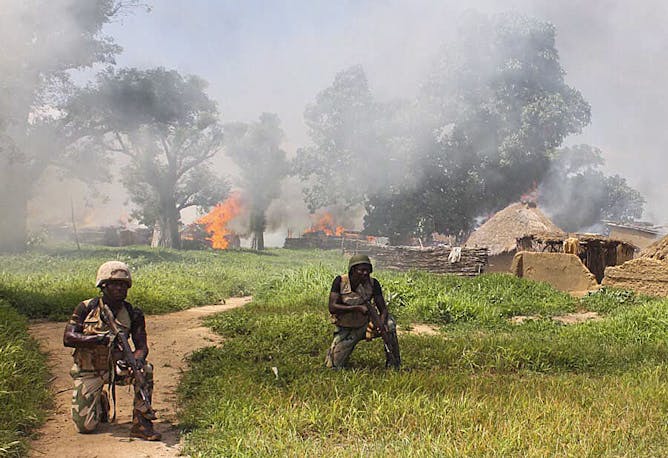
Nigerian soldiers clearing a Boko Haram camp in Borno State in 2015.
EPA/Stringer
Olayinka Ajala, University of York
Nigerian President Muhammadu Buhari is hoping to be reelected but he's fallen short on the country's security challenges.
|
Nigeria gears for elections
|
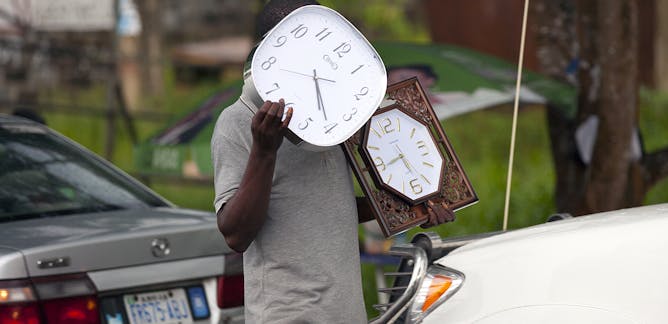
Stephen Onyeiwu, Allegheny College
Most of the things Nigerians complained about in 2015 are still unresolved -- unemployment, poverty and economic disempowerment.
| |
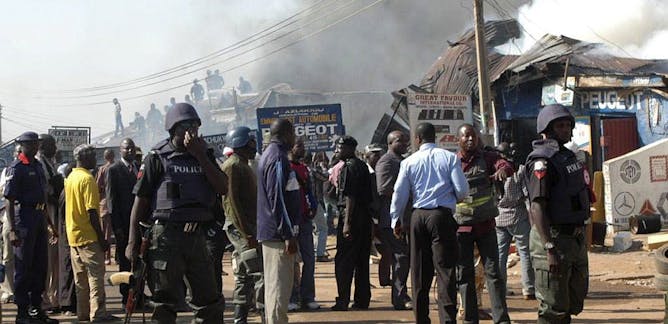
Damilola Agbalajobi, Obafemi Awolowo University
Kaduna State in Nigeria has been the scene of ethnic and religious violence for years and there seems to be no end in sight.
|
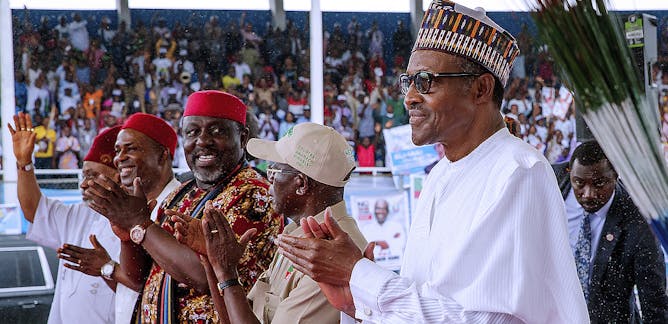
Ini Dele-Adedeji, SOAS, University of London
There are question marks over whether Nigeria's upcoming elections will be credible.
| |
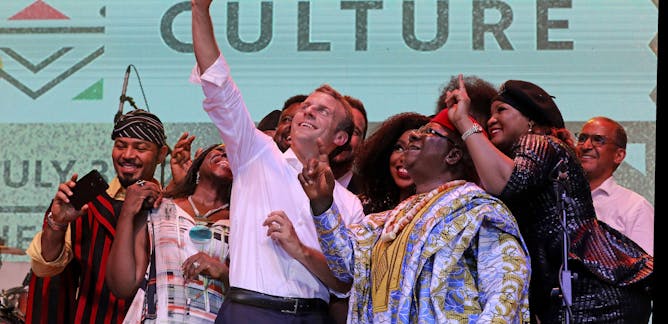
Oluwaseun Tella, University of Johannesburg
One of the most potent promoters of Nigeria's cultural soft power is arguably Nollywood.
|
|
|